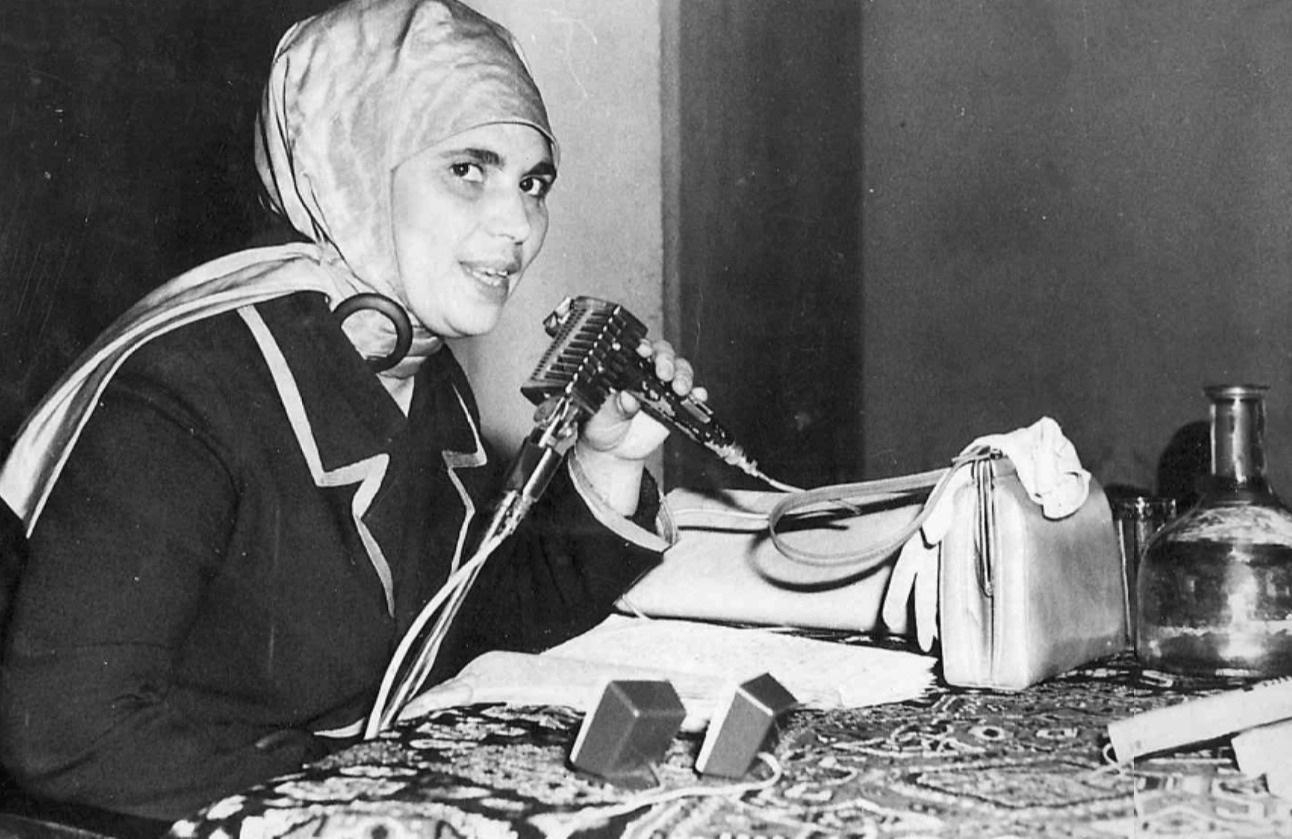In the beginning of the 1970s, the Turkish people were living in an unstable political and economic climate which was about to trigger another militar
In the beginning of the 1970s, the Turkish people were living in an unstable political and economic climate which was about to trigger another military intervention. Nevertheless, ordinary people across the country were quite busy reading a novel titled “The Peace Street” (Huzur Sokağı). The novel focusing on a love story attracted the unprecedented attention of millions, and was later adapted to cinema where it became a blockbuster movie. All of this was made possible thanks to a woman, Şule Yüksel Şenler, who passed away last week.
Şule Yüksel Şenler was not only a novelist, but also was a well-known women’s rights activist in Turkey. Throughout her life, she consistently dedicated herself to improving the status of conservative/pious women in Turkish society and by the late 1960s became a role model for their involvement in the public sphere. All notable conservative/pious women, who were by any means underrepresented or not represented at all, have been influenced by Şenler’s activism, passion and struggle.
Şenler’s motivation was not only to support the active involvement of women in public life, she was also trying to be a role model for conservative/pious women in the way they dressed. In the beginning of her career, she tried to standardize how conservative/pious women should wear a headscarf and her style still attracts a lot of women today. In order words, she paved the way for conservative/pious women both inwardly and outwardly.
Beyond this, Şenler was rigorously against modernism and especially its deteriorating effect on Turkish families. She claimed that Turkish society was in the process of collapse due to the dominance of modern habits and fashions. Thus, she especially focused on saving the Turkish family from the deteriorating effects of modern life. In accordance with this aim, she had written novels narrating the stories of young women whose lives were destroyed by imitating Western values and lifestyles.
Throughout her life, Şenler dedicated herself to improving the status of conservative/pious women in Turkish society and became a role model for their involvement in the public sphere by the late 1960s.
Şenler used simple dichotomies of Islamic/Western, modern/traditional, and just/unjust to support her arguments. She believed that the salvation of conservative/pious Muslim women heavily depends on their relationship with Islamic and traditional values, which provide the only way of living a just life. Because of this reason, female characters in her novels understand the importance of adopting Islamic values. As they were trying to find “the true path” at the end of the day. Nevertheless, her harsh criticisms against western values received backlash from secularist female activist groups such as the Turkish Women’s Union, and she was judged in court against allegations of speaking out against Turkish laicism.
When it is taken into consideration that Şenler is the first conservative/pious Muslim female activist in Turkey involved in public discussions, it is crucial to understand her thoughts to understand the conservative/pious women’s movement in Turkey. While prominent newspapers were calling the headscarf as “the pain in Turkey’s head”, Şenler was not only criticizing the headscarf ban in the public sphere, but also was trying to create more self-confident and conscious conservative/pious women in Turkey. Even the opponents of her ideas should accept her valuable role in the struggle of conservative/pious women to become active subjects and to construct their identity against to the demands of the dominant culture.

COMMENTS